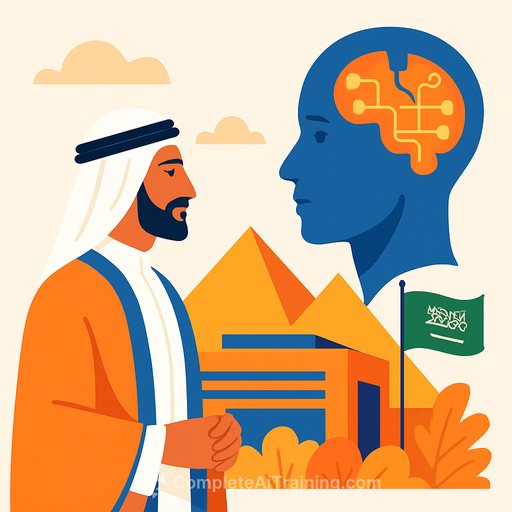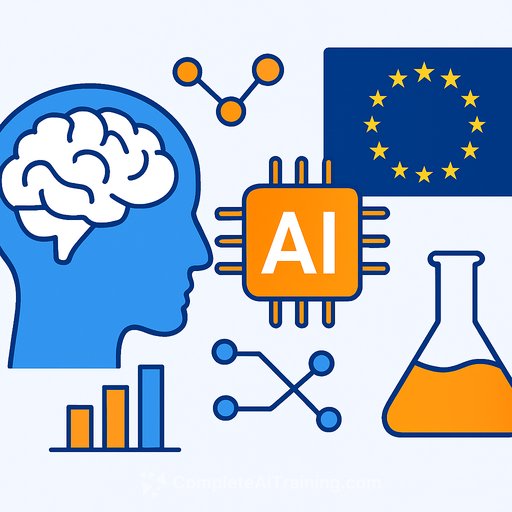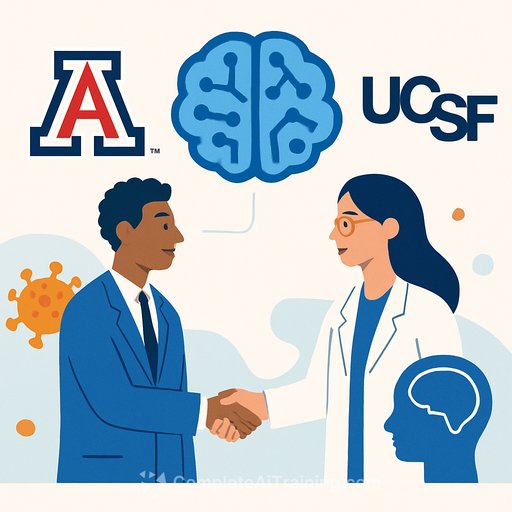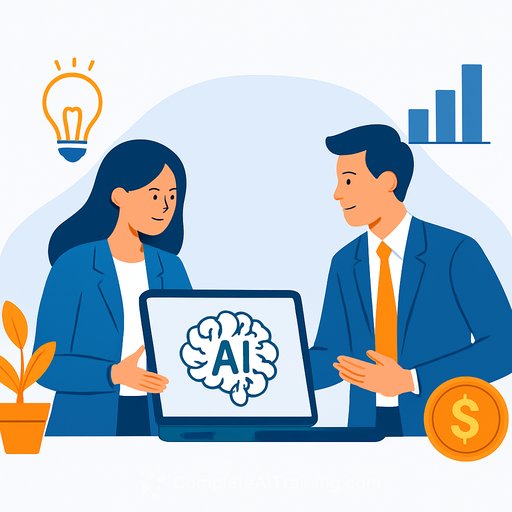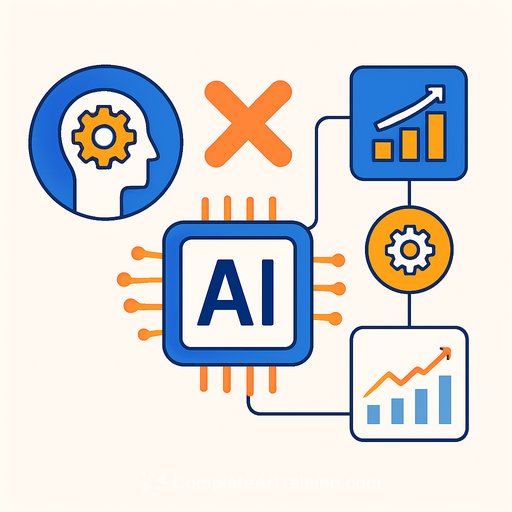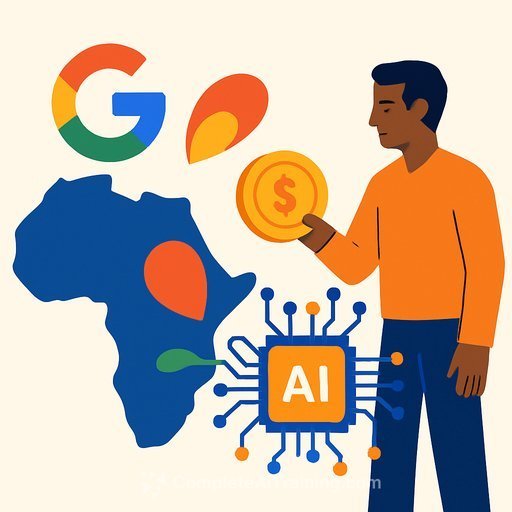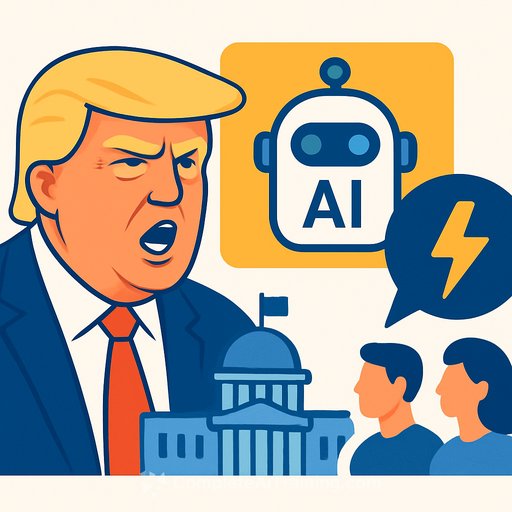AI’s Growing Role Raises Safety and Ethical Questions
Saudi Arabia is advancing its position as a global hub for artificial intelligence by focusing on building AI capabilities locally rather than just adopting existing technologies. At the King Abdullah University of Science and Technology (KAUST), the Center of Excellence in Generative AI (CoE Gen AI) is leading this effort from its Red Sea campus. The team, including Prof. Peter Wonka, is developing foundational AI models and tools that address national priorities such as personalized education, energy modeling, and AI-generated Arabic content.
Saudi Arabia’s AI ambitions are part of a global movement. PwC projects AI will contribute around SR 878 billion ($235 billion) to the Kingdom’s GDP by 2030. McKinsey estimates generative AI could add $2.6 to $4.4 trillion yearly to the global economy, primarily impacting customer operations, marketing, software engineering, and research and development. The country has pledged roughly $20 billion in AI investments by 2030, focusing on infrastructure, research, and talent development.
KAUST’s 30 faculty members cover diverse AI expertise areas, making the university a strong partner for industries across Saudi Arabia. This collaboration fuels AI adoption and project development aligned with the country’s economic and innovation goals.
Focused Research Initiatives at CoE Gen AI
The center’s faculty work on five major research initiatives supported by KAUST’s Visual Computing Center. Their projects align with Saudi Arabia’s national priorities, including health and wellness, sustainability, energy leadership, and future economies. Foundational AI research supports applications across these domains.
Education is a key translational focus. Saudi Arabia has introduced AI into its school curriculum to support the Human Capability Development Program, part of Vision 2030. The curriculum includes age-appropriate, interactive AI modules developed by the National Curriculum Center, Ministry of Education, Ministry of Communications and Information Technology, and the Saudi Data and Artificial Intelligence Authority.
However, integrating AI in education requires more than just adding new content. Prof. Wonka highlights the importance of foundational knowledge and warns against over-reliance on AI tools. Students need to use AI for brainstorming and structuring ideas but must avoid letting AI replace original research. Overdependence risks producing inaccurate or low-quality work. This balance is part of KAUST’s research into AI safety, acknowledging that AI can confidently provide incorrect information and users must learn to work effectively despite these limitations.
Generative AI’s Expanding Influence Across Sectors
AI is already integrated into business communication through spell-checking, editing, and drafting. In healthcare, doctors increasingly rely on AI for diagnostics, while the automotive sector incorporates advanced driver-assist features. Creative fields like graphic design and photography also use AI assistance.
Rather than sudden transformations, AI is expected to gradually enhance daily workflows, potentially increasing efficiency by about 25 percent. A priority at KAUST is building AI tools that respect local culture and data privacy. Many companies prefer local AI deployment to avoid sending sensitive data to global tech giants.
To support this, KAUST invests in Arabic-language AI systems for tutoring, content creation, and search. Intelligent tutoring tools aim for personalized learning and bilingual support in English and Arabic. In visual content, the focus is on personalization and cultural relevance. Researchers are also exploring AI applications in smart city development, including digital twins, architectural data analysis, and urban planning, enabling cities that can learn, adapt, and proactively respond.
Balancing Innovation with Practical Impact
Questions remain about the extent to which AI will replace human roles versus augment them. The future might see doctors using AI tools rather than robot-staffed clinics. KAUST measures success by academic contributions and real-world impact, tracking startup achievements, collaborations within Saudi Arabia, patents, and funded research projects.
Collaboration is essential for progress. The CoE Gen AI supports Saudi businesses and government entities in developing meaningful AI applications, ensuring that AI advances contribute directly to the Kingdom’s development goals.
With a background in computer science, computer vision, and urban modeling, Prof. Wonka has been instrumental in shaping KAUST’s AI strategy since 2012. His vision centers on Saudi Arabia actively contributing to AI innovation rather than merely following global trends. The ongoing work at KAUST highlights the practical and ethical challenges of AI while positioning the Kingdom as a key player in the technology’s future.
For professionals involved in education, IT development, or research, staying informed about AI advancements and their implications is crucial. Engaging with AI tools responsibly and understanding their limitations will be key to leveraging their benefits effectively.
Explore comprehensive AI training opportunities to strengthen your skills and adapt to AI’s evolving role in various industries: Complete AI Training Courses.
Your membership also unlocks:

